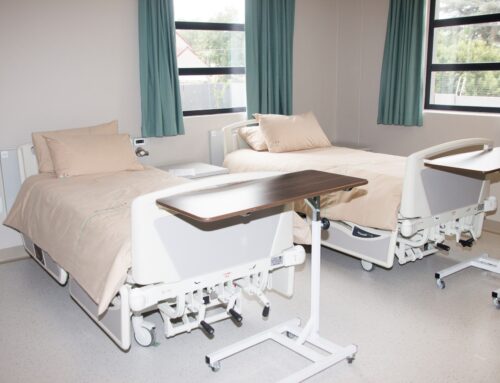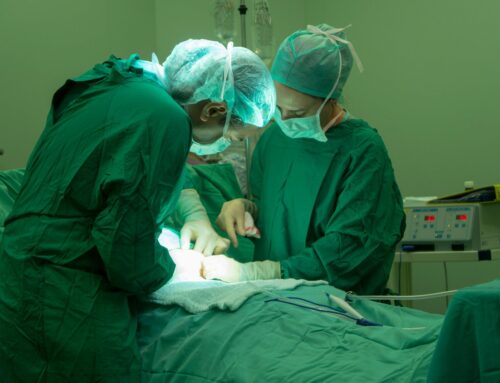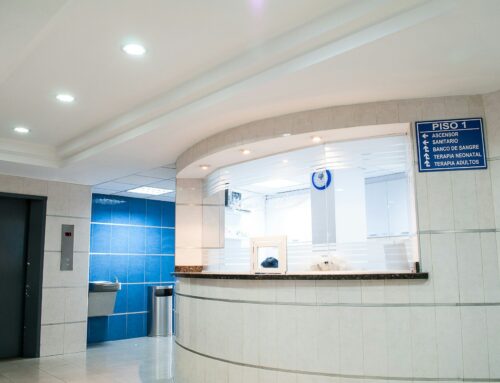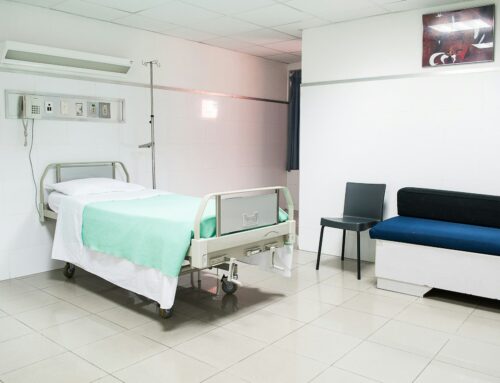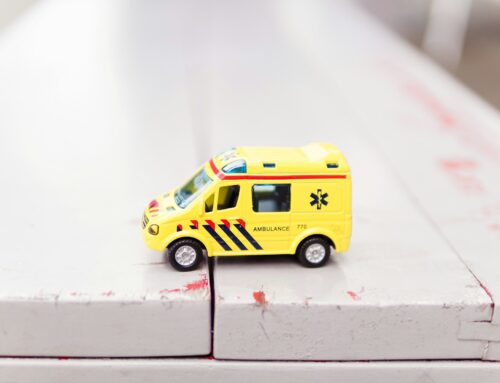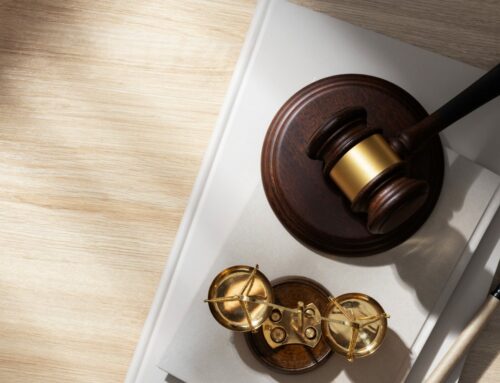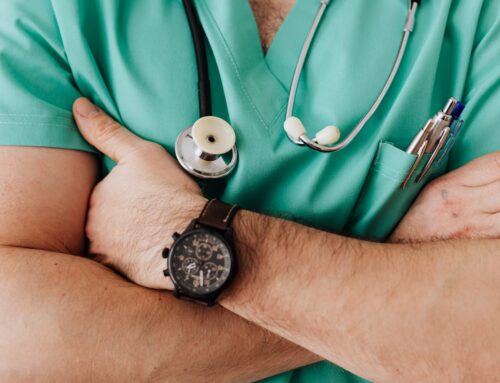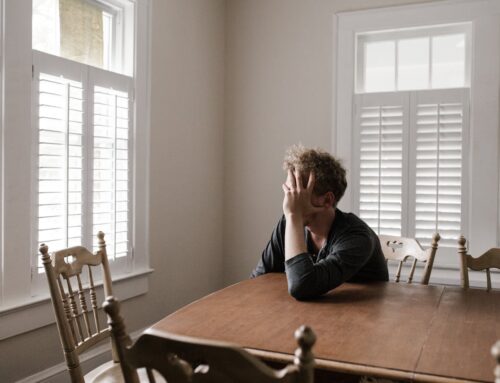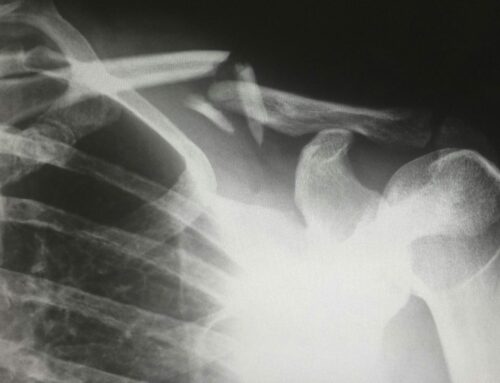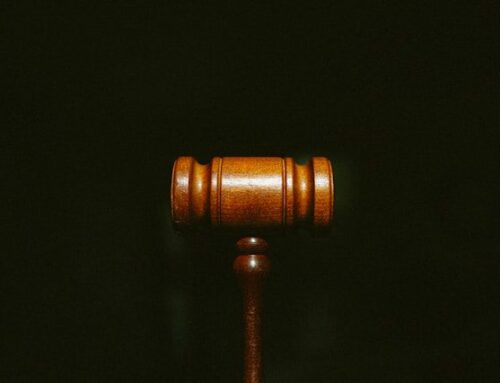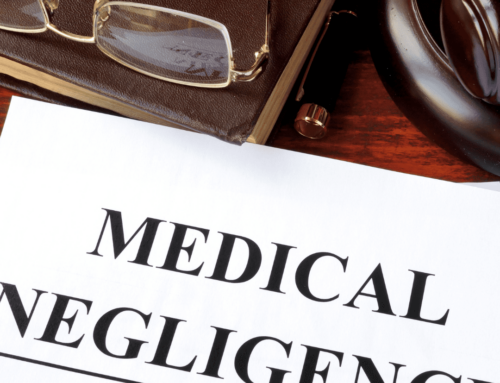In an era where medical devices are integral to patient care, the repercussions of a device failure can be severe, affecting both physical health and psychological well-being. This article delves into the crucial aspects of medical negligence litigation related to defective medical devices, highlighting the importance of understanding your rights and the legal process involved. Through expert insights, real-world examples, and a comprehensive overview of the litigation journey, readers are empowered to seek justice and compensation. McElhinney & Associates Solicitors is dedicated to supporting individuals impacted by defective medical devices, ensuring they are equipped with the knowledge and legal representation needed to navigate these challenging situations.
In today’s rapidly evolving healthcare landscape, medical devices play a pivotal role in diagnosis, treatment, and patient care. From simple tools like surgical instruments to complex machinery such as pacemakers and MRI scanners, the reliance on these devices is greater than ever. However, as our dependence on technology in healthcare grows, so too does the potential for malfunctions or defects in these critical devices. When a medical device fails to perform as intended, the consequences can be severe, leading to injury, prolonged illness, or even fatal outcomes for patients.
The field of medical negligence litigation encompasses these scenarios, focusing on instances where defective medical devices cause harm. This article aims to shed light on this crucial area of law, guiding readers through their rights and the legal avenues available in the unfortunate event of being affected by a defective medical device. Understanding the intricacies of medical negligence, particularly as it pertains to medical devices, is essential for anyone navigating these complex waters, whether you are a patient, a healthcare professional, or a concerned family member.
Understanding Medical Negligence
In the context of Irish law, medical negligence occurs when a healthcare professional or entity fails to provide the standard of care expected, resulting in harm to the patient. This standard is determined based on what is reasonably expected of a professional with similar training and experience under similar circumstances. When it comes to medical devices, negligence can arise not just from the actions of healthcare professionals but also from the devices themselves when they are defective.
A defect in a medical device can manifest in several ways, each potentially hazardous to patient health. Manufacturing flaws, where the device is improperly made, can lead to immediate or eventual failure during use. Design defects, which are inherent flaws in the device’s conceptualization, can make even correctly manufactured devices dangerous. Lastly, inadequate warnings or instructions can result in misuse or misunderstanding of the device’s operation, leading to patient harm. Each of these defects can form the basis for a medical negligence claim if they result in injury or harm to a patient.
To illustrate, consider the case of a hip replacement implant with a design defect that causes it to wear out prematurely, leading to metal poisoning in patients. Or a heart monitor that fails to sound an alarm due to a manufacturing flaw, resulting in a patient’s condition going unnoticed. In these scenarios, the parties responsible for the design, manufacture, or distribution of these devices may be held liable for the resultant harm. Through medical negligence litigation, affected patients can seek compensation for their injuries, losses, and suffering.
The Impact of Defective Medical Devices
The ramifications of defective medical devices extend far beyond the immediate physical injuries they may cause. Patients affected by these malfunctions can experience significant psychological distress, ranging from anxiety and depression to a profound loss of trust in the healthcare system. The uncertainty of a device’s reliability, especially when it is meant to support life or significantly improve quality of life, can leave patients in a constant state of fear for their health and wellbeing.
Real-world scenarios abound where defective medical devices have had devastating consequences. Consider, for example, cases where pacemakers failed to provide necessary cardiac stimulation, leading to cardiac events, or where poorly designed mesh implants for surgical repairs caused chronic pain, infections, and necessitated additional surgeries. These situations not only highlight the severity of the issue but also the long-term physical and psychological toll on patients, who had initially turned to these devices for relief and a better quality of life.
The broader implications for the healthcare system and patient trust are significant. Each incident of device failure undermines public confidence in medical technology and the entities responsible for its oversight. This erosion of trust can deter patients from seeking necessary treatments or accepting the use of devices that could genuinely aid their recovery or improve their health.
Legal Framework and Patients’ Rights
In Ireland, the regulation of medical devices is governed by a comprehensive legal framework that aligns with European Union standards, including Liability For Defective Products Act, 1991. This framework is designed to ensure that all medical devices meet strict safety and performance requirements before they can be marketed or used within the healthcare system. Manufacturers are required to undergo rigorous testing and quality assurance processes, proving that their devices are safe for use and effective for their intended purpose.
Patients harmed by defective medical devices have specific rights under this legal framework, including the right to compensation for their injuries and losses. This compensation can cover medical expenses, lost income, pain and suffering, and any other damages resulting from the device’s failure. The process for seeking compensation typically involves filing a medical negligence claim, where the patient must demonstrate that the device was defective and that this defect directly caused their injuries.
Regulatory bodies play a crucial role in ensuring the safety and accountability of medical devices. In Ireland, the Health Products Regulatory Authority (HPRA) oversees the approval and monitoring of medical devices. The HPRA works to ensure that devices meet the necessary safety standards before they reach the market and continues to monitor their performance to identify any risks to patient health. In cases where devices are found to be defective, these bodies can issue recalls, require modifications, or impose penalties on manufacturers to protect public health.
The legal standards and regulatory oversight of medical devices in Ireland are designed to safeguard patients’ health and rights. However, when defects occur, it is essential for patients to be aware of their rights and the legal avenues available for seeking justice and compensation. Understanding the legal framework and the role of regulatory bodies can empower patients and their families to take action and hold manufacturers and healthcare providers accountable for the harm caused by defective medical devices.
The Litigation Process
Navigating the path of a medical negligence claim, particularly one involving defective medical devices, involves several critical steps. The journey begins with seeking legal advice from a solicitor experienced in medical negligence. This initial consultation is crucial for understanding the viability of the claim and the legal strategies that might be employed.
Following this, the next step involves gathering and documenting evidence. This evidence can range from medical records and expert testimony to the defective device itself, if available. Documentation of the injury, the medical device’s role, and any subsequent treatments or surgeries forms the backbone of the claim. Detailed records and expert analyses are vital in establishing a direct link between the device’s defect and the harm suffered by the patient.
Legal professionals play a pivotal role in steering the complexities of medical negligence litigation. They guide clients through the legal process, from the collection of evidence to the filing of the claim. Solicitors coordinate with medical experts to substantiate the claim, handle negotiations with the defendants or their insurance companies, and, if necessary, represent the claimant during court proceedings. Their expertise is indispensable in interpreting medical reports, navigating legal procedures, and advocating on the patient’s behalf.
Challenges in Medical Negligence Cases
Medical negligence cases involving defective medical devices present unique challenges and complexities. One of the foremost challenges is proving the defect in the device and establishing a clear causative link between the defect and the injury. This often requires intricate knowledge of both the medical and engineering aspects of the device, necessitating testimony from experts in various fields.
Establishing liability is another hurdle. Defendants in these cases can range from manufacturers and distributors to healthcare providers. Each may have different levels of responsibility and involvement with the defective device, complicating the legal process. Moreover, the defence might employ their experts to contest the claim, challenging the evidence of defect or causation presented by the claimant.
Beyond the legal and technical challenges, claimants also face emotional and financial pressures. Litigation can be a lengthy and stressful process, with the emotional toll of revisiting the harm suffered and the uncertainty of the outcome weighing heavily on individuals. These challenges underscore the importance of having skilled legal representation. A solicitor with expertise in medical negligence related to defective devices can navigate these complexities, offering both legal and emotional support. They work to build a strong case, aiming to secure just compensation for the harm suffered, while also striving to hold responsible parties accountable, contributing to safer healthcare practices for all.
Final Thoughts
Understanding your rights in cases involving defective medical devices is paramount. These devices, designed to improve health and well-being, can have life-altering consequences when they fail. It’s essential for individuals to recognize the significance of these issues and the protections afforded to them under the law.
If you or someone you know has been affected by a defective medical device, it’s crucial to seek professional legal advice. The intricacies of medical negligence claims, especially those involving complex devices, require expert navigation. Solicitors specialised in this field can offer guidance, support, and representation to ensure that affected individuals receive the compensation and justice they deserve.
McElhinney & Associates Solicitors stands committed to assisting those impacted by defective medical devices. Our expertise in medical negligence, combined with a compassionate approach, ensures that our clients receive not only professional legal representation but also the understanding and support they need during challenging times. We are dedicated to advocating for your rights and working tirelessly to achieve the best possible outcomes for our clients.
Disclaimer
Please note that the content of this blog post is intended for general information purposes only and should not be construed as legal advice on any specific matter. The information provided is based on the understanding of legal principles and practices as of its date of publication and may not reflect current legal developments. Every legal situation is unique and complex, and readers are advised to seek professional legal advice for any specific legal issues they encounter. McElhinney & Associates Solicitors disclaim all liability for any actions taken or not taken based on any contents of this post.
About the Author
Jolene McElhinney, BBLS, Principal Solicitor
Jolene McElhinney is the founding principal of McElhinney & Associates, a law firm renowned for its expertise in personal injury and medical negligence across the North West of Ireland. With a distinguished academic background, including a first-class honours degree from University College Dublin and awards for excellence in law, Jolene has dedicated over a decade to championing the rights of individuals facing complex legal challenges. Her commitment to professional growth ensures that her firm remains at the forefront of legal practice, offering personalised, expert support to every client.

